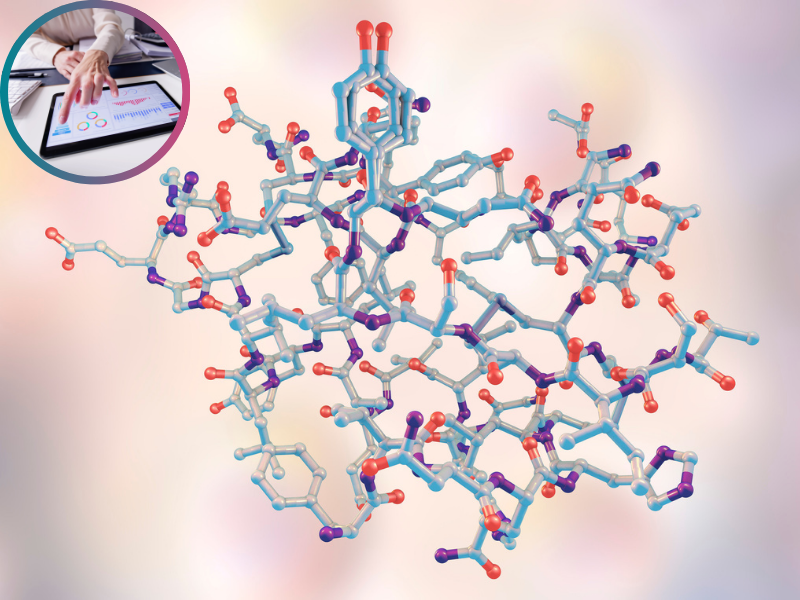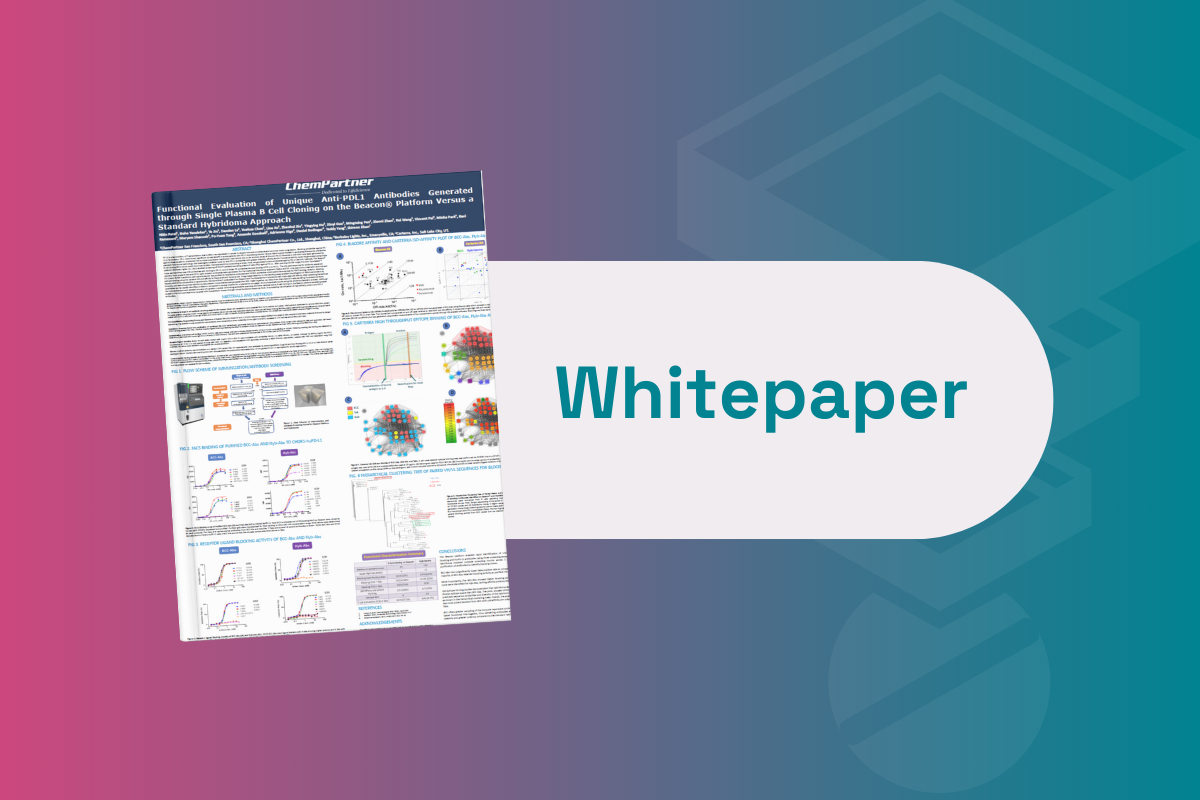2024 Nobel Prize in Chemistry Awarded to Pioneering Advances in Protein Design and Structure Prediction

The Royal Swedish Academy of Sciences has awarded the 2024 Nobel Prize in Chemistry to David Baker, Director of the Institute for Protein Design at the University of Washington. The prize was also awarded to Demis Hassabis, Co-Founder and CEO of Google DeepMind, and John Jumper, Director at Google DeepMind, for their outstanding work in protein structure prediction.
Baker's significant contributions to protein design began in 2003 when he successfully created new proteins using amino acids. He was able to create proteins that did not exist in nature. Since then, Baker’s research group has continued to push the boundaries of science, designing a variety of proteins with entirely new functions. These proteins have significant potential, with applications ranging from pharmaceuticals and vaccines to nanomaterials.
Heiner Linke, Chair of the Nobel Committee for Chemistry, reemphasised the magnitude of Baker’s achievements: "He developed computational tools that now allow scientists to design spectacular new proteins with entirely novel shapes and functions, opening endless possibilities for the benefit of humankind."
Related:
- NeuralPLexer2 - Has AlphaFold2 Met Its Match?
- New Trailblazer Profluent Launches its AI-enabled OpenCRISPR-1 to Edit the Human Genome
- AlphaFold and Drug Design: Has AI Solved Biology’s ‘Grand Challenge?’
The way amino acids fold into three-dimensional (3D) structures determines a protein’s function. There are approximately 20 different amino acids that combine in various sequences to form proteins in the human body. Molecular biologist Cyrus Levinthal famously estimated that just one protein could have up to 10³⁰⁰ possible conformations. For decades, scientists have attempted to predict a protein’s 3D structure from its amino acid sequence. This challenging and time-consuming process has posed significant obstacles for researchers over the last 50 years.
However, in 2020, Hassabis and Jumper made a critical breakthrough at Google DeepMind. Their AI model, AlphaFold2, demonstrated the ability to predict the structure of around 200 million proteins that had been identified by researchers. The program is available for anyone to use, demonstrating the company’s commitment to democratising technology. This milestone has fundamentally transformed the field of biology, providing an invaluable tool for understanding proteins on a broad scale.
The Nobel Prize in Chemistry award highlights the significance of AI in scientific discovery and reinforces the critical role of proteins across medicine and biotechnology. These breakthroughs have solved longstanding biological challenges. Overall, this deepened understanding of proteins is crucial for advancing both science and global health.






